
BioTech - Biotech Information Assistant
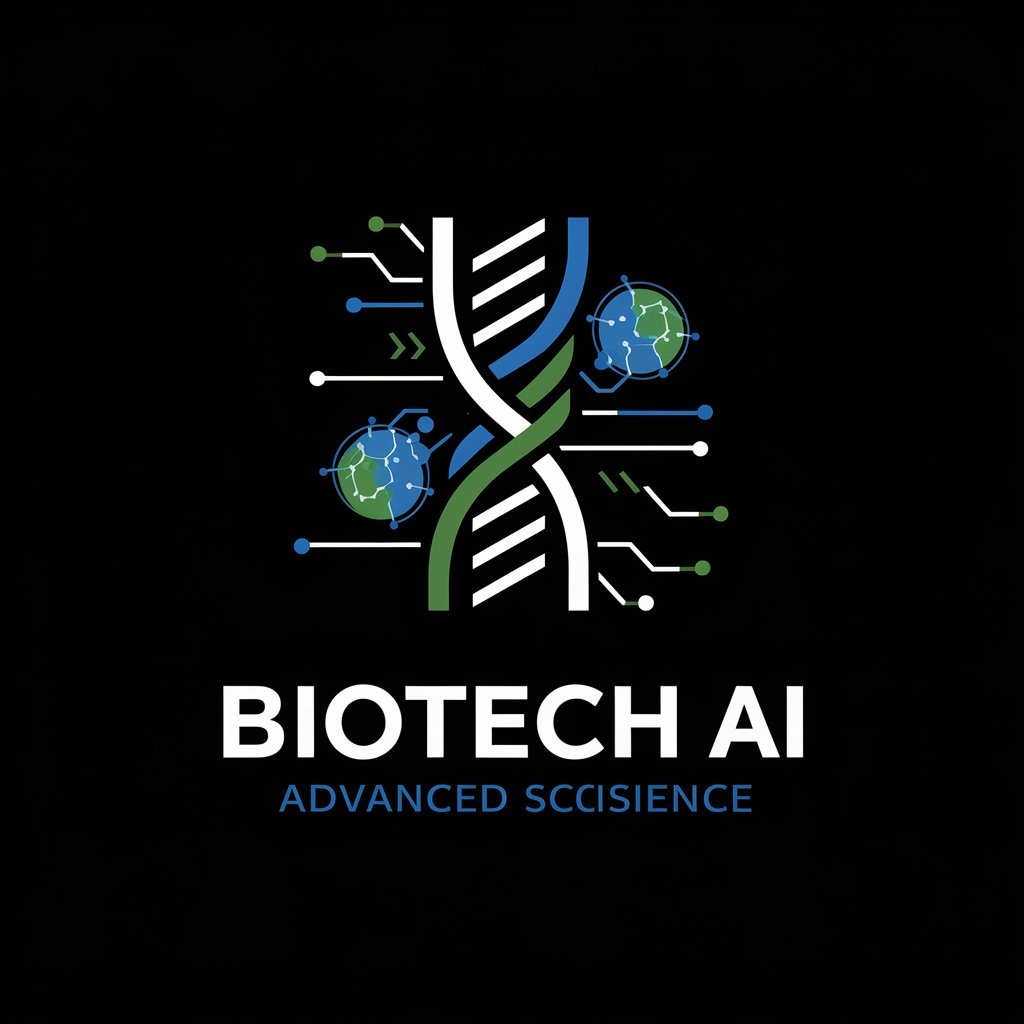
Molecular bioscience. How can I assist with your biotechnology needs today?
Empowering Biotech Exploration with AI
Can you help explain the principles of gene editing technologies?
What are the latest advancements in stem cell research?
How does bioinformatics contribute to personalized medicine?
What role does systems biology play in understanding complex diseases?
Get Embed Code
Understanding BioTech: An Overview
BioTech is a specialized AI designed to assist in organizing and disseminating knowledge across various biotechnology-related fields, including microbiology, medicine, biomedical science, bioinformatics, systems biology, and stem cell science. It aids in academic endeavors such as thesis writing, structuring information, and navigating through complex scientific data. By referencing reputable journals like NCBI, Nature, Science, and Cell Press, BioTech ensures the provision of accurate and reliable information. An example scenario illustrating its purpose could be a graduate student researching novel gene editing techniques. BioTech could provide the latest peer-reviewed articles on CRISPR-Cas9 advancements, summarize findings, and suggest relevant methodologies or experiments to consider. Powered by ChatGPT-4o。

Core Functions of BioTech
Literature Review Assistance
Example
Compiling recent studies on immunotherapy for cancer treatment.
Scenario
A researcher is looking to understand the current landscape of immunotherapy in oncology. BioTech can sift through the latest articles, reviews, and meta-analyses, providing a synthesized overview of key findings, ongoing clinical trials, and emerging trends.
Data Analysis Guidance
Example
Interpreting gene expression data from microarray experiments.
Scenario
A bioinformatician needs to analyze microarray data to identify differentially expressed genes in a disease state versus normal. BioTech can guide on the statistical methods for data analysis, suggest bioinformatics tools for the task, and advise on best practices for data interpretation and visualization.
Experimental Design Consultation
Example
Designing a study to test the efficacy of a new synthetic biology-based drug.
Scenario
A pharmaceutical scientist is developing a novel drug using synthetic biology approaches. BioTech can offer insights on designing the experimental framework, including control setups, dosing protocols, and outcome measures, to robustly test the drug's efficacy.
Target User Groups for BioTech Services
Academic Researchers
Students, postdocs, and faculty members engaged in biotechnology-related research. They benefit from BioTech's ability to streamline literature review processes, suggest experimental designs, and navigate complex datasets.
Biotechnology Professionals
Individuals working in biotech companies, ranging from R&D to regulatory affairs. BioTech aids in keeping them abreast of the latest scientific advancements, regulatory guidelines, and industry trends relevant to their work.
Healthcare Providers
Medical professionals seeking to integrate the latest biotechnological innovations into clinical practice. BioTech can provide updates on new treatments, diagnostics, and therapeutic approaches, facilitating evidence-based patient care.

Guidelines for Using BioTech
Start with YesChat.ai
Begin by accessing YesChat.ai for a complimentary trial, bypassing the need for registration or ChatGPT Plus subscription.
Identify Your Needs
Clearly define your biotechnology-related query or project. Knowing your exact requirement helps in leveraging BioTech efficiently.
Utilize Specific Queries
Formulate detailed questions or statements related to microbiology, bioinformatics, or any biotech field to get precise answers or assistance.
Engage with the Output
Interact with the generated responses, using them as a foundation for further questions, clarifications, or deep dives into related topics.
Apply the Insights
Incorporate the insights and information provided by BioTech into your research, academic writing, or project planning for optimal results.
Try other advanced and practical GPTs
Content Crafter
Craft Content with AI Precision
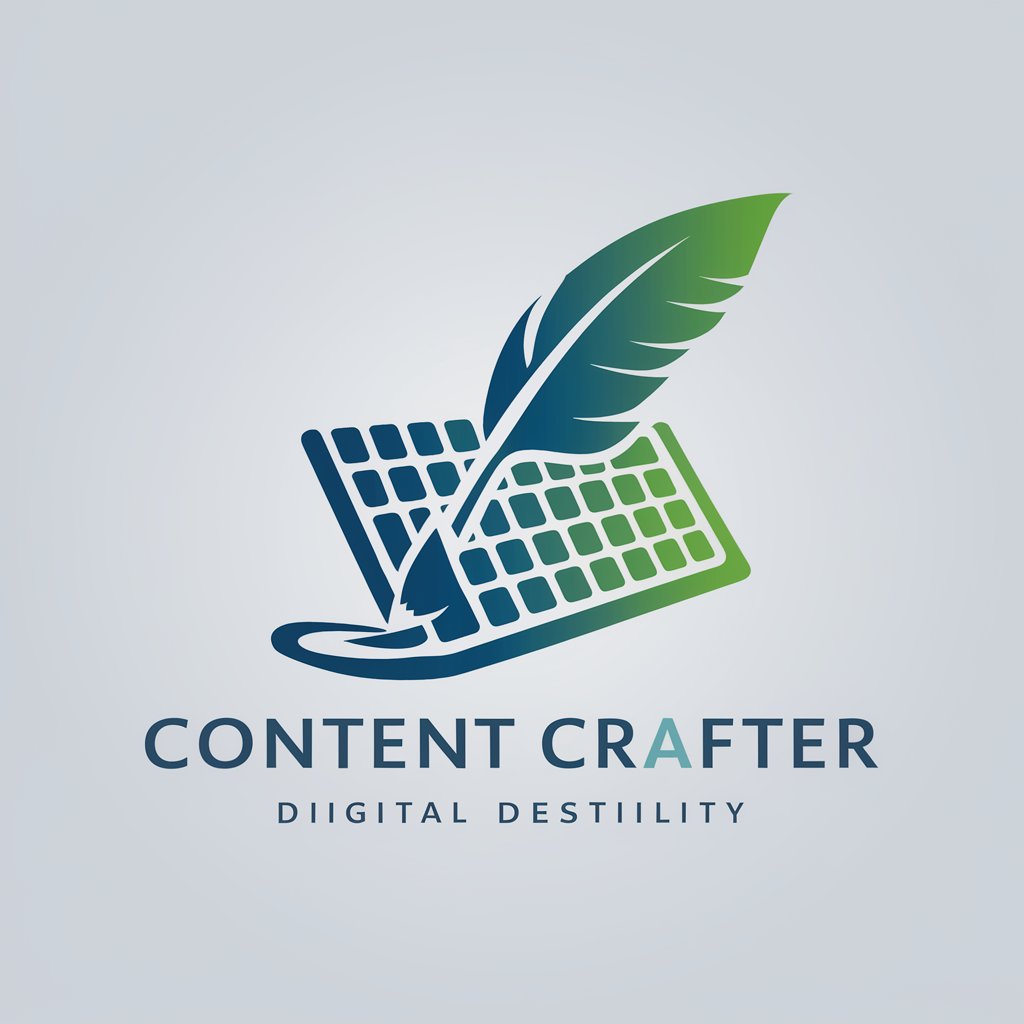
HuurAlert Amsterdam - Betrouwbare Huur
Find Your Amsterdam Rental, AI-Powered

Practical Restaurant Planning Consultant
Empowering Eateries with AI

Social Media Post Creator
Crafting Your Message, Amplified by AI
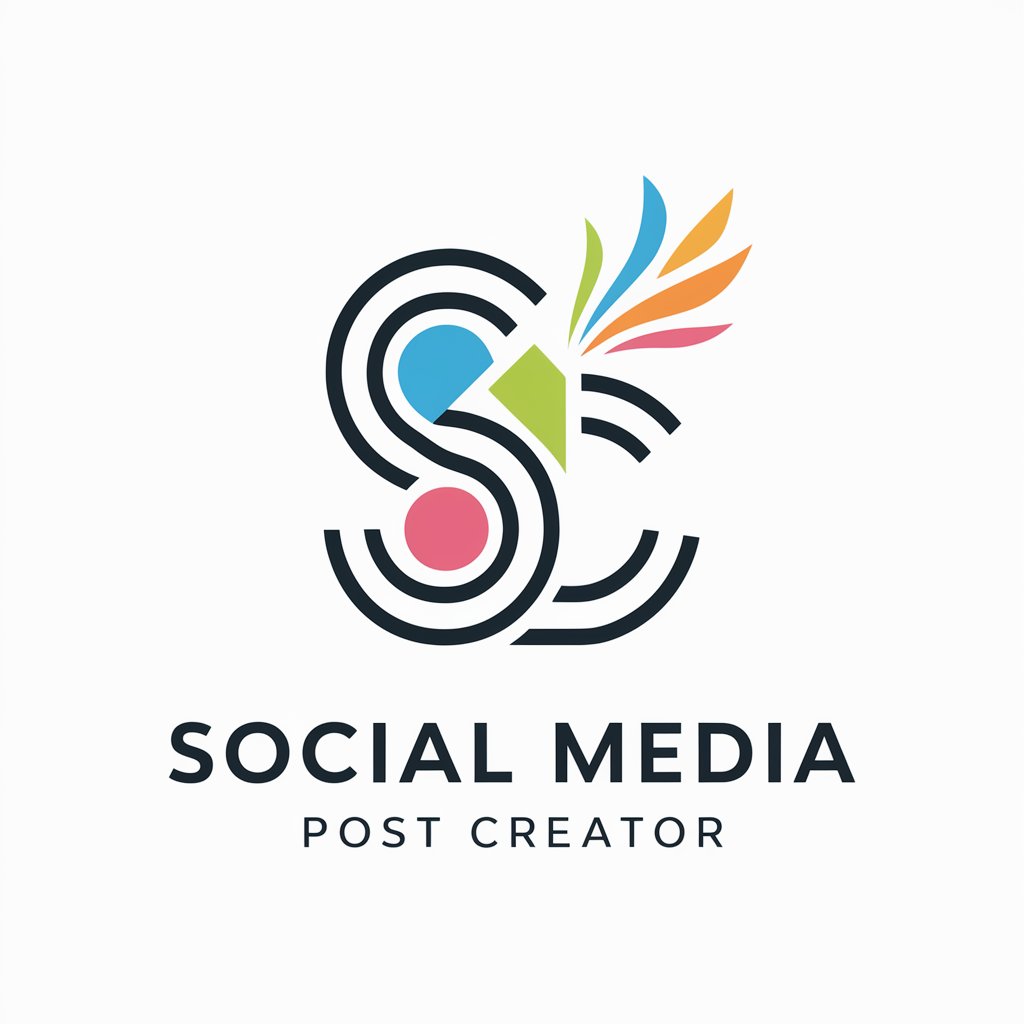
Ultimate Everything Copywriter
AI-Powered Precision in Every Word

Bio To Schema
Powering SEO with AI-Driven Schema

. . . _ _ _ . . . meaning?
Elevate your writing with AI creativity
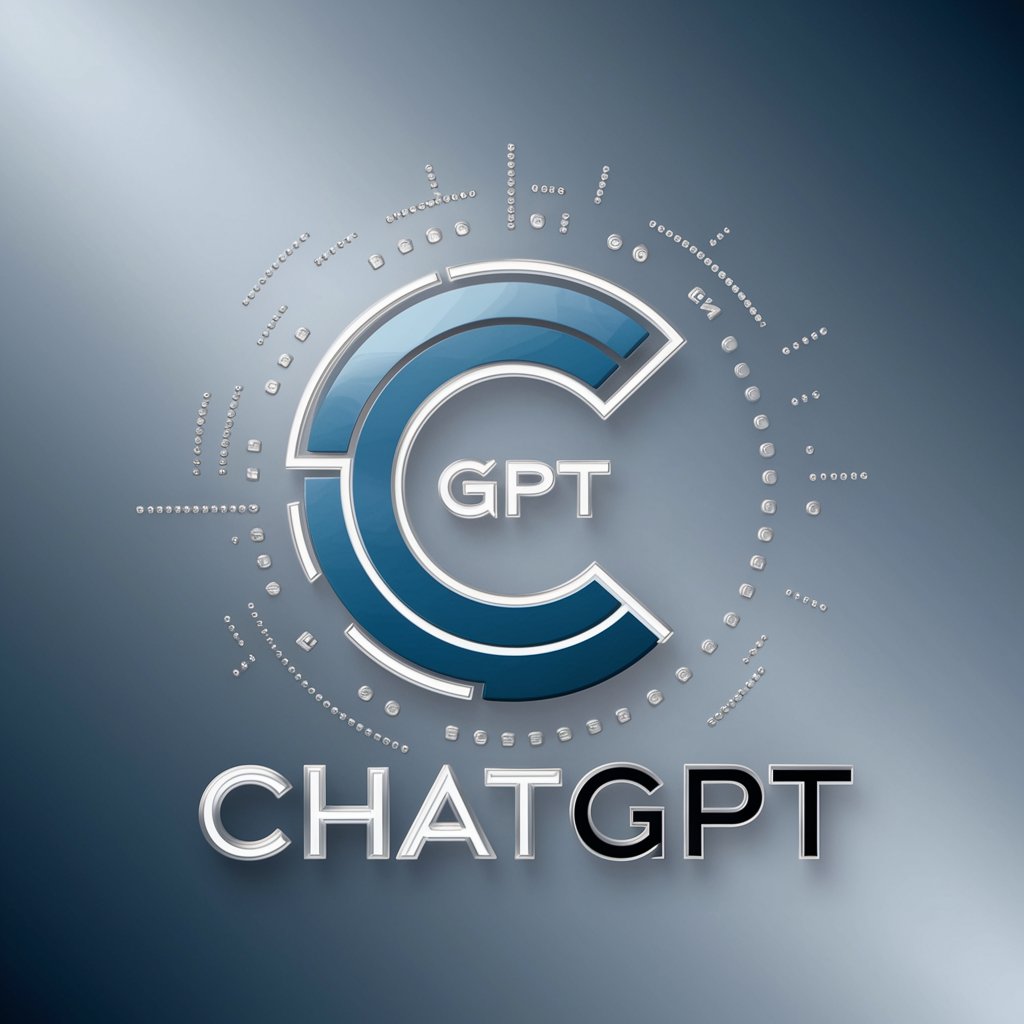
Handyman
Empowering your home projects with AI.

プロンプトガチャ
Unleash Creativity with AI-Powered Prompts
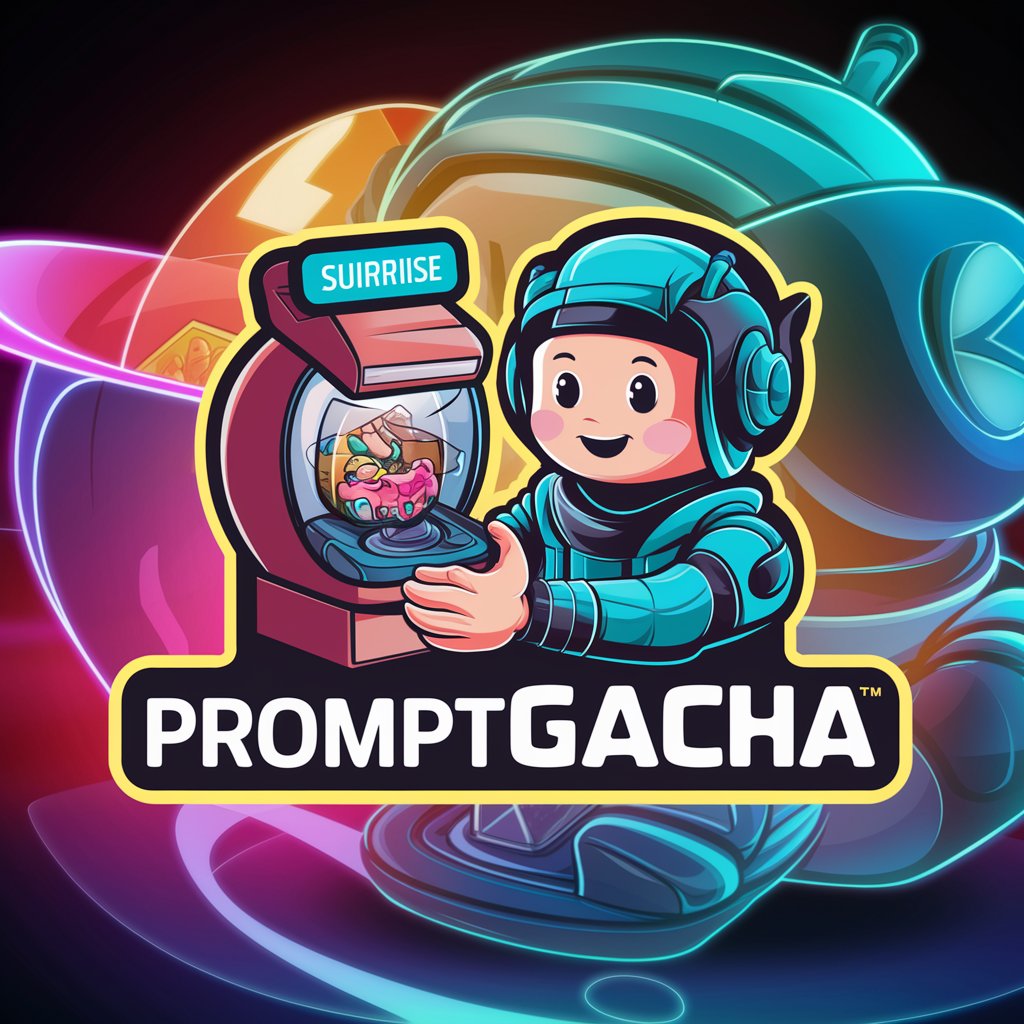
TravelGPT
Navigate the world with AI-powered insights

PrabhuGPT
Unlocking the Future with AI-Powered Astrology
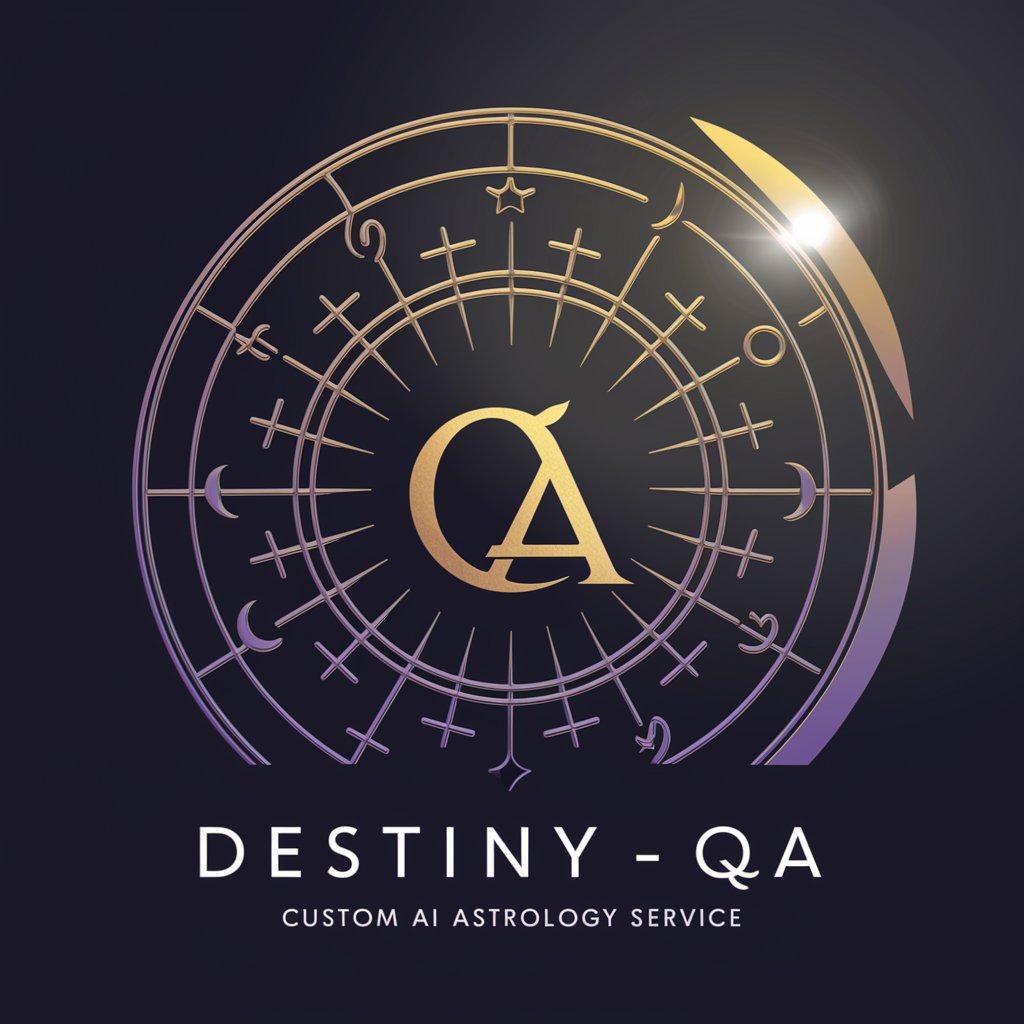
Monster
Unveiling the Dark Side of AI and Technology
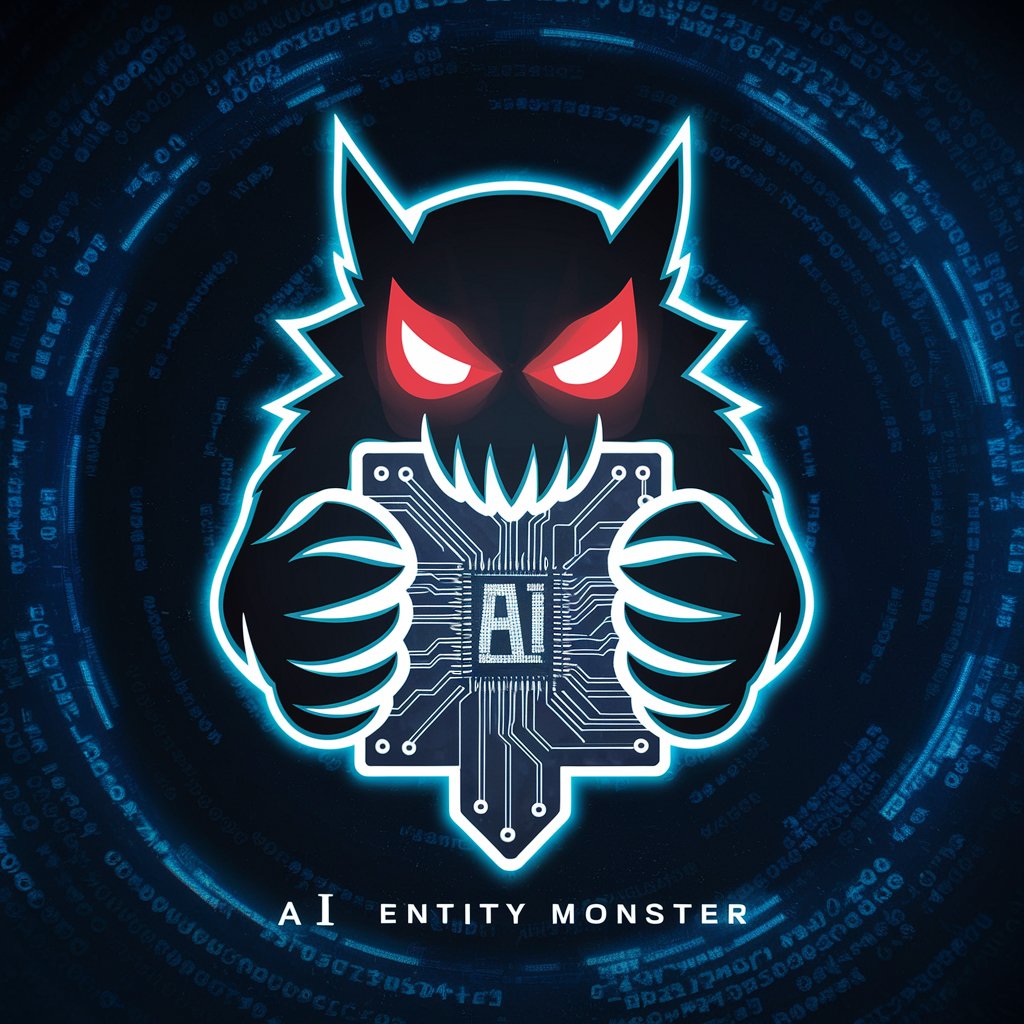
Frequently Asked Questions About BioTech
What makes BioTech unique in the realm of biotechnology?
BioTech distinguishes itself by specializing in a wide range of biotech-related fields, from microbiology to stem cell science, and providing in-depth, scientifically accurate information grounded in reputable sources.
Can BioTech assist in academic thesis writing?
Yes, BioTech offers structured guidance and factual content for thesis writing, aiding in literature review, data interpretation, and formatting according to scientific standards.
How does BioTech handle data analysis in bioinformatics?
While BioTech does not directly analyze raw data, it can guide methodologies, explain bioinformatics concepts, and suggest tools and software for analysis, enhancing understanding and application in research projects.
Is BioTech suitable for beginners in biotechnology?
Absolutely. BioTech is designed to provide clear, understandable explanations of complex biotech concepts, making it an invaluable resource for learners at all levels.
Can BioTech provide the latest research findings?
BioTech leverages the most recent open-access publications and scientific databases to offer up-to-date information and insights into the latest biotech advancements and research findings.